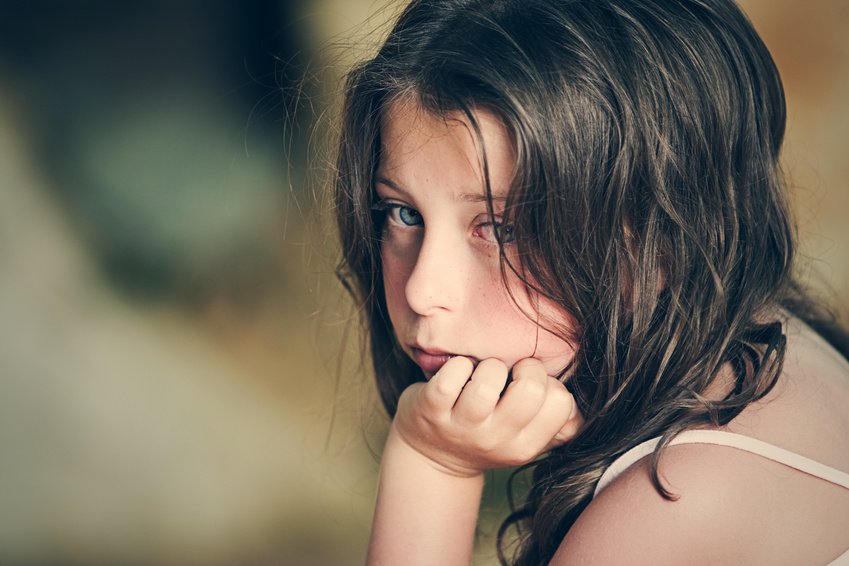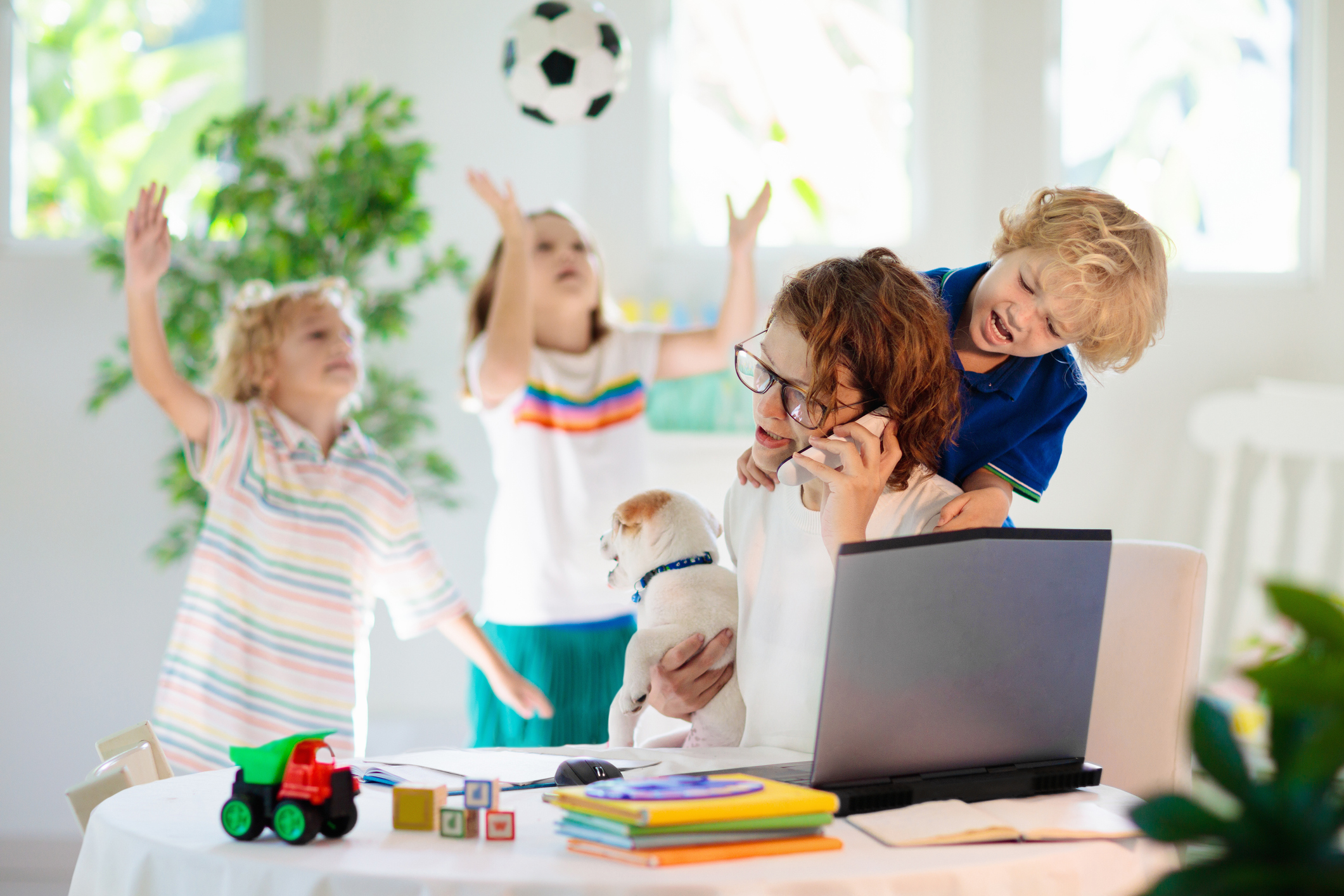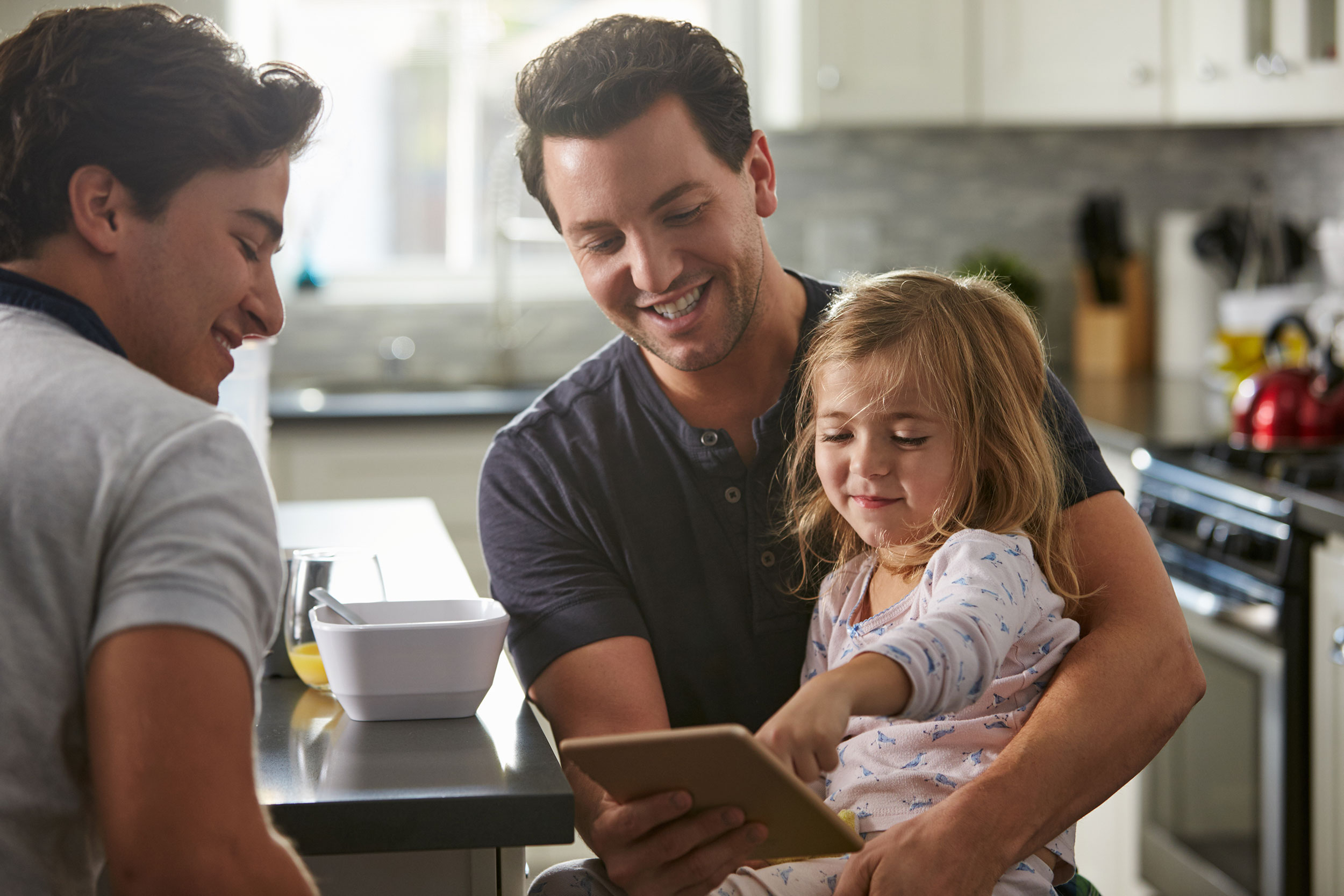Rick Hanson, PhD looks at the power of your inner child to shape your adult self-concept. If you carry wounds from early in life, he offers ways to “love your inner child” to move towards healing.
As long as you’ve lived, your experiences have sifted down in your psyche, forming layers like the bands of colored rock in the Grand Canyon. The most fundamental layers were laid down in your childhood, when your brain was most impressionable.
Because of experience-dependent neuroplasticity, the things you felt, wanted, or believed as a child have been woven into your nervous system. For example, crying as an infant until someone came, joy at beginning to walk, fun with friends, feeling bad about yourself when scolded about schoolwork, power struggles with parents, wanting your body to be bigger/smaller/different in high school, wondering if anyone will like the real you, the bittersweet excitement of leaving home – whatever your own childhood was, experiences like these have sunk in to you and travel with you every day wherever you go.
Taken as a whole, these residues make up your inner child – which is not a silly cliché, but actually a large-scale system embedded in your brain that continually and powerfully influences your mood, sense of worth, expectations, and reactions. This child inside is at the core of who you are.
If you are embarrassed, ashamed, critical, controlling, squelching, pushy, or angry about this child, that will affect how you feel and how you act. Therefore, accepting the child parts within you, guiding them gently, and soaking your inner kid in cherishing nurturance will heal and feed the deepest layers of your psyche.
This inner child stuff can get conceptual, superficial, or merely sentimental. Instead, bring it down to the bone. Most childhoods are rocky, one way or another. As a kid, you probably felt hurt, were disappointed, felt like a loser, wanted recognition and love you didn’t get, shelved some big dreams, and made decisions about yourself and life with the “logic” of a child. This is real. It had real effects. And you have a real chance today to be the strong, wise, and loving friend, coach, and yes, parent that you’ve always longed for.
Yes, parent that you’ve always longed for.
How do you love your inner child?
Open to feeling cared about by someone. Next, move to feeling caring toward a friend, family member, or pet. Marinate in this sense of interest, support, and nurturance; let it fill your heart and mind. Then, staying grounded in the experience of caring, shift the target of this caring to yourself, especially yourself as a child.
Now, reflect back on your childhood as a whole, starting with your earliest memories. Stay with your experience of it, not the story line about it. What did it feel like to be a young child? To be in grade school? In high school? What were your happiest times? And most upsetting? What went well for you in your childhood – and badly? When did you feel really understood and supported – and not? What in you flourished in childhood – and what got bruised or wounded? What sort of kid were you – especially deep down? When did the best parts of you come out? What’s become of them?
As much as you can, try to hold a sense of caring toward yourself while you engage these questions. Stay with your actual experience as a child, not critiquing it or justifying it, and definitely not shaming yourself for it. The vulnerable child inside everyone usually expects rejection, so it’s afraid to show its teary, sniffly, snotty, whiny, needy, frightened, or angry face. Please don’t push this child away. It wants to show itself but is afraid to. Make it safe for it to show itself to you.
Look for ways to bring the child inside you out to play. For example, my friend Leslie told me about moving to Wyoming and wandering in its extraordinary wilderness like a big kid, not trying to accomplish anything, feeling free and delighted. Take different routes to work; pick up (or return to) gardening, crafts, art, music, or a sport; quit being so darned serious and significant (this one’s for me, too); goof off; play with your own kids; make messes; ask your inner child what he or she really wants to do. Don’t be so constrained by routines and presumed limitations; remember what it felt like to be a kid on the first day of summer vacation; in the same way, the whole rest of your life stretches out before you: have fun with it!
Accept that you will never have a better childhood. Yes, assert yourself skillfully to get appropriate caring in your relationships. But also know the hard truth that it’s on you, no one else, to be the main advocate, cheerleader, protector, and nurturer of the child inside – and the adult that kid has become. Keep both of them close to your heart.




